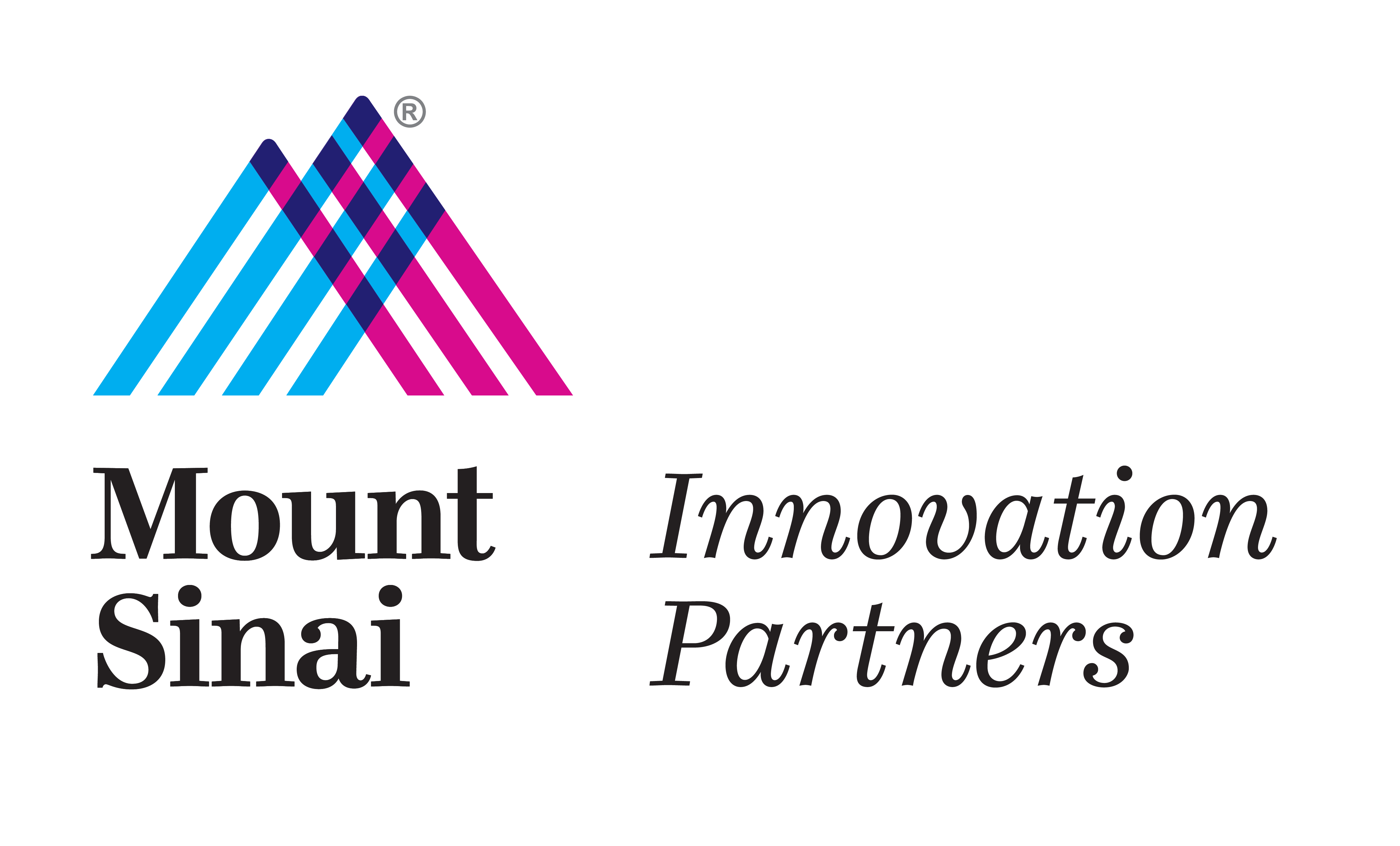By Dov Shamir, PhD
Head of Elementa Labs and Assistant Director, Entrepreneurship at MSIP
As we begin 2025, Mount Sinai Innovation Partners (MSIP) Elementa Labs is celebrating its four-year anniversary. In the coming weeks, MSIP will be announcing its fifth cohort and we wanted to take this as an opportunity to recap trends observed over the last several years. These trends provide insights for companies looking to work with a major health system. The topics below are snapshots of our observations to help spark discussions with companies and investors.
Elementa Labs: An Open and Collaborative Focused Incubator
Elementa Labs was launched in 2021 as a vehicle to identify best in-class startup companies that aim to solve unmet patient needs, improve operations, and support health care and biotechnology startups in their next stage of development. Successful companies admitted to the program (15 companies to date) focus on collaborating with Mount Sinai Health System at large and with their dedicated clinical/administrative champion. This is in stark contrast to other programs where the exclusive goal is to provide: 1) basic incubator services, 2) product training environments, or 3) screening mechanisms to sell into the hospital. The needs of a major health system are immensely different compared to smaller systems, practices, or findings from proof-of-concept or pilot studies. A startup’s understanding of its customer, IT considerations, clinical workflows, and identifying their value add are fluid at this stage and require further refinement. If these points are not addressed first, any incubator services, training environments, or supply chain process will prove fruitless.
Elementa provides an open format to allow companies to make their discoveries and activities with champions and stakeholders creating their own journey with the health system over a 12-week period. Companies become part of the Mount Sinai innovation ecosystem during this period. The companies admitted into Elementa are focused on the next steps of development, leveraging Mount Sinai’s vast network, resources, and expertise. This can translate to future collaborations or partnerships with the institution, a key step for potential solution deployment as it would meet a major health system’s need. Companies further leverage this program by better understanding their customers and improving their business model. Using this experience, they develop a blueprint for future engagements and gain new administrative and clinical champions as they scale.
Financing
Elementa’s applicant pool contains many well-financed startups with institutional investors. From 2021, the average increase in total financing (across company stages) was 50%, which agrees with general market trends. It is worth noting that the program has accepted boot-strapped companies as well. Other company fundamentals including strategic value add of the product, team, and go-to-market strategy are also big considerations. This increased funding amount can also indicate that companies are coming to the program for its strategic value at a pivotal time in their development. For most companies entering the program, Mount Sinai is the first top 20 U.S. hospital system with which they have a major engagement.
Company Stage
To date, Elementa has only accepted pre-seed and seed stage companies. Although we have seen a sizeable and consistent number of applicants coming from Series A+, they have not been accepted since the program aligns best with highly collaborative companies seeking to innovate with Mount Sinai. Most Series A+ companies may also not be a fit due to an established business model and an increased pressure from their investors and other partners to rack up sales. Typically, companies at this stage have made their primary innovation and want to get their current iterated product in the hands of the customer. The early-stage innovation for new products is not as much of a priority.
Country Origin
The United States is a magnet for international business, and Elementa is no exception. Since its launch, there is a sustained international company engagement, making up over 33% of the Elementa applicant pool and 20% of the portfolio to date. Top applicant countries include Israel, Singapore, United Kingdom, and Canada. Two thirds of portfolio CEOs and founders are foreign born or immigrants to the United States, representing countries like Mexico, Russia, Ukraine, and India. Elementa provides portfolio companies exposure to the larger U.S. market and better understanding of its regulatory and capital markets, allowing them to better refine their go-to-market strategy and value add as they enter this market.
Company Possibilities for 2025 and Beyond
A large plurality of applicant companies are digital SaaS or IT in focus, though a majority of admitted companies are in the diagnostic, diagnostic adjacent/complementary technologies, surgical, and/or non-pharmacological therapeutic spaces. Admitted companies are looking to solve solutions with a non-enterprise focus and increased point solutions in underserved areas (such as women’s health, neurological disorders, remote patient monitoring, healthcare access, employee and patient experience). Though it is not certain that these sector trends will continue, there is clear demand from enterprise-focused digital companies, which should not be a surprise based on national trends. Experience also points to more demand from internationally Series A+ companies. These companies are looking to innovate their platform or expand their pipeline of products via Elementa’s open format.

